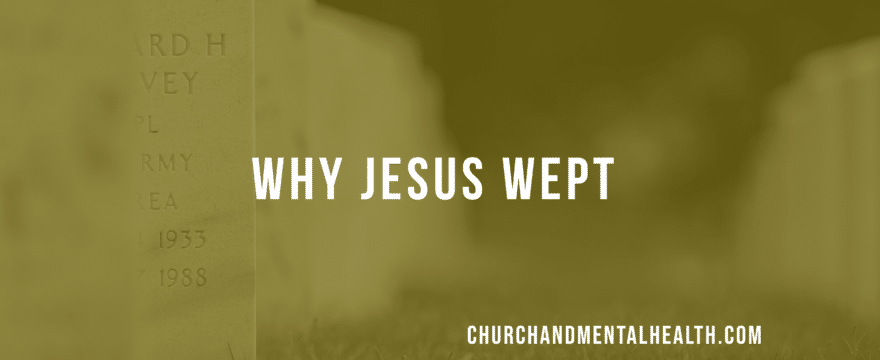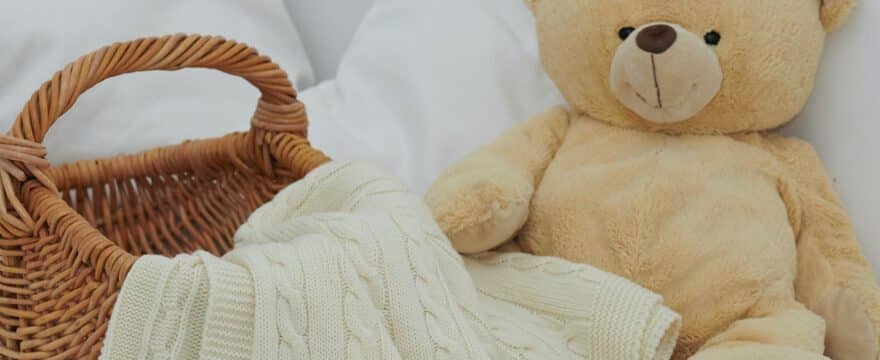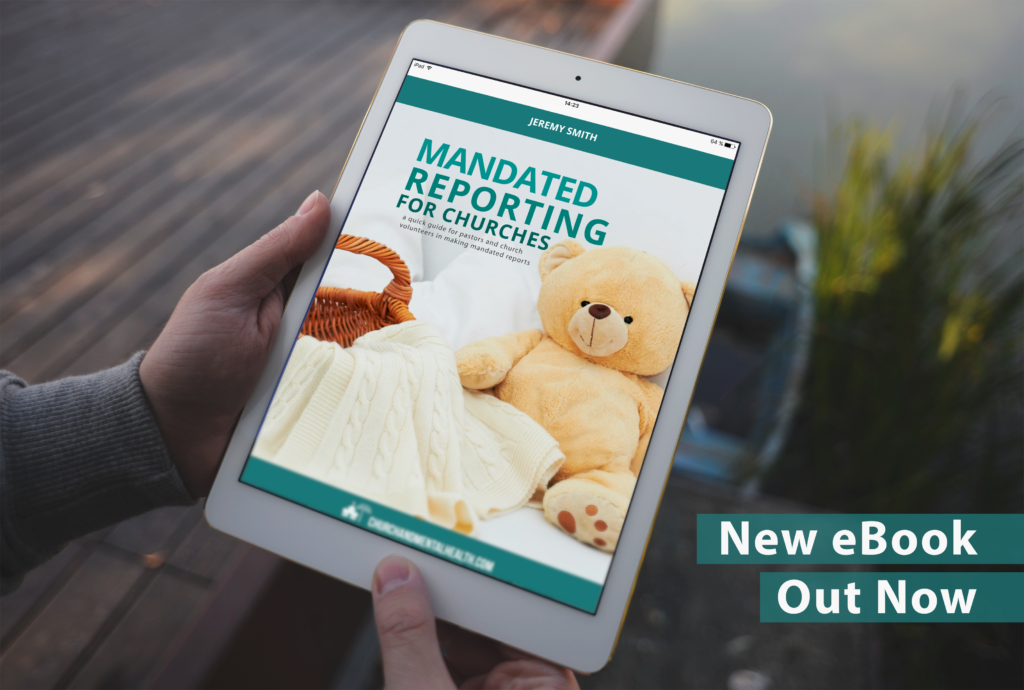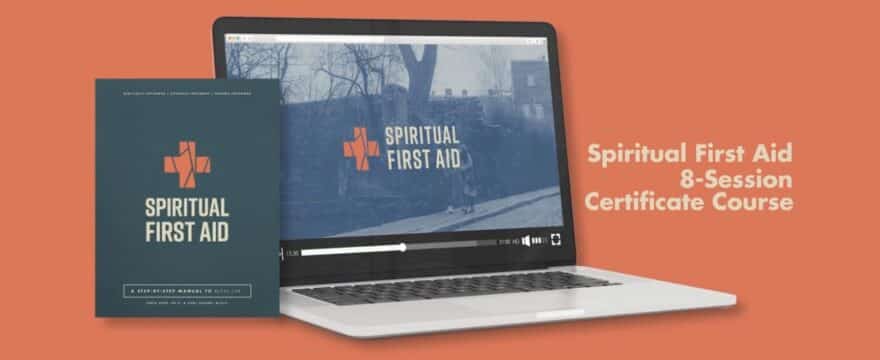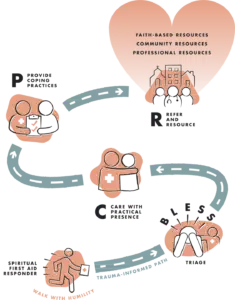In the hustle and bustle of modern ministry, pastors often find themselves juggling numerous responsibilities, from preaching and teaching to counseling and pastoral care. Amid these demands, the mental health of both the pastors themselves and their congregations can sometimes be overlooked. Yet, promoting mental health is a crucial aspect of building a resilient church. By actively supporting mental well-being, pastors can foster a community that is not only spiritually strong but also emotionally and mentally resilient.
As May comes to an end, we want one last push to discuss Mental Health Awareness in support of the role of the Church on this important topic. We ask that you look at your own ministry and look to see what is needed for your ministry that you can support.
[Read more…] about Building Resilient Churches: The Role of Pastors in Promoting Mental Health




